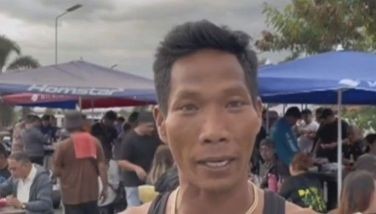Legarda calls for strengthening of tropical fabrics industry to optimize its benefits for country
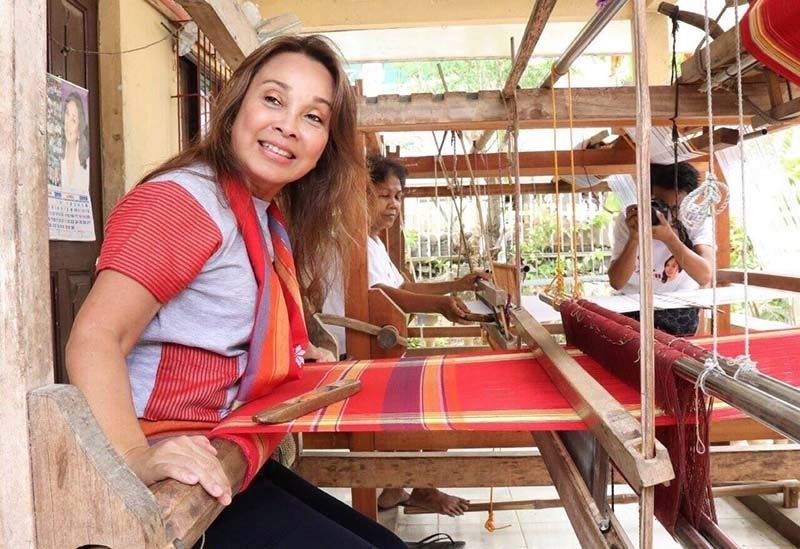
MANILA, Philippines — In celebration of the Philippine Tropical Fabrics Month, three-term Senator Loren Legarda, the principal author of the Philippine Tropical Fabrics Law under Republic Act No. 9242, urged the government and concerned sectors to strengthen the tropical fabrics industry to optimize its benefits on other industries in the country.
“The implementation of the law will help jumpstart efforts to build up the tropical fabrics industry, while giving a much-needed boost to the agricultural and industrial sectors and to our local and indigenous weavers and artisans. It will also create diversity in the textile and fashion industry, which will give Filipino fashion designers and garment manufacturers more choices in textiles to use,” Legarda said.
The three-term senator, who is known for promoting and patronizing locally made textiles, said that the tropical fabrics industry has great potential in the world market given the country’s vast reserves of raw materials such as pineapple, banana and abaca fibers—and local artisans’ skills to start with.
“With the help of government agencies like the DOST Philippine Textile Research Institute (DOST-PTRI), we’re able to develop technologies to improve the quality of our textiles,” Legarda said. “However, we have to sustain research and development efforts while we bolster the promotion of our textiles because we still have a lot to show to the global stage in terms of distinctiveness of designs and craftmanship.”
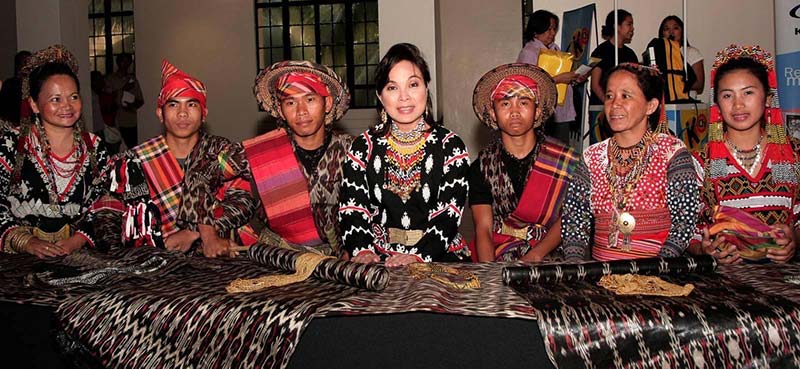
Legarda further noted that strengthening the tropical fabrics industry is also attuned to her advocacy of promoting sustainable development of—and preserving—the nation’s rich heritage as indigenous peoples continue to create traditional fabrics and weaves made from resources available in their areas.
“Over the past decades, I have visited numerous weaving communities all over the country. I have seen how these hand-woven local fabrics were stitched with intricate designs, each thread, each fabric telling a story, many of which were passed on from generation to generation,” Legarda related.
“Weaving is also a traditional industry in various parts of the country, with different provinces known for their respective tropical fabrics such as the Ikat, Tinalak and Inaul of Mindanao; the Patadyong of Antique; the Abel of Ilocos; the weaves of the different tribes from the Cordilleras; the Hablon of the Ilonggos; and the Piña of Aklan, among many others.”
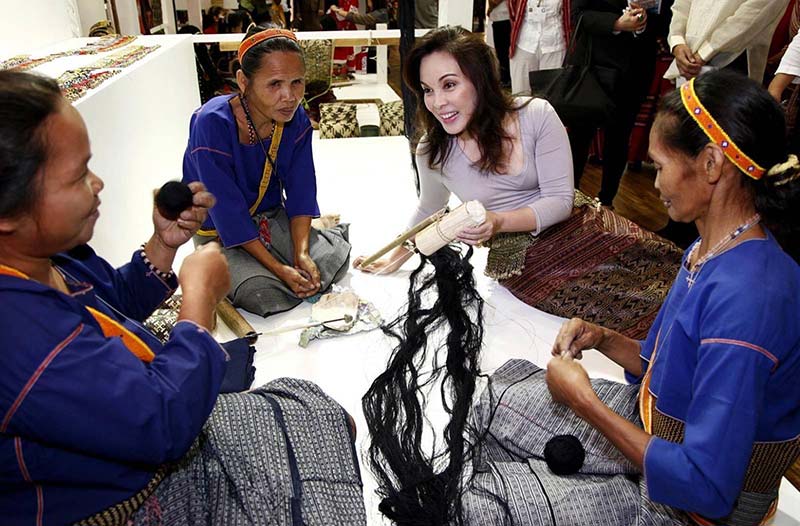
Legarda also believes that as more continue to support tropical fabrics and traditional textiles, they also place local weaving communities on center stage, closer to the global arena where weaving traditions and textiles will be appreciated in a different light.
“Moreover, we also promote livelihood and employment for our weavers, artisans, local designers and manufacturers,” she said.
Legarda meantime noted that a lot of work still needs to be done to enhance the industry. These efforts include the establishment of a reliable supply of materials; the use of modern high technology machinery for greater productivity; the granting of financial assistance to the industry; setting up skills training programs to produce more loom-weavers and artists; and promoting foreign investments and linkages in the industry to achieve scale economies.
Legarda calls on the other government agencies to follow the lead and implement RA 9242 in their respective departments. She names the government agencies that may work with each other: the Center for International Trade Expositions and Missions, which organizes trade fairs that showcase products both locally and abroad; the Fiber Industry Development Authority, which promotes fiber products and establishes processing facilities and product development; the Department of Trade and Industry, which undertakes the marketing and establishment of trade fairs; the Technical Education and Skills Development Authority, which offers skills training; and the Department of Science and Technology, which provides equipment and conduct of textile research and development.
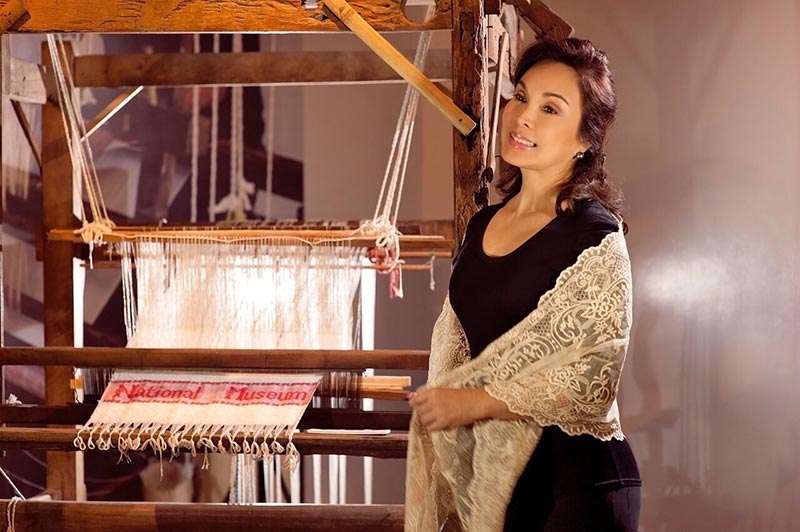
“As we celebrate the Philippine Tropical Fabrics Month, let us turn this potential into reality and make our local fabrics known to our people and to the world. Let us support our tropical fiber industry and preserve the art of Filipino weaving,” Legarda said.
Legarda is a staunch advocate of arts and culture promotion and patron of the country’s first permanent textile gallery, Hibla ng Lahing Filipino, which has travelled to different parts of the world. She has also been pushing for the establishment of cotton processing and weaving centers all over the country.
She also spearheaded the permanent exhibit of the Manlilikha ng Bayan (National Living Treasures), artisans who have preserved traditional crafts. Moreover, she funded the creation of Schools of Living Traditions, where one learns a traditional art or craft from a master. In the House of Representatives, Legarda filed an Act Providing for the Development and Protection of the Philippine Handloom Weaving Industry, which reinforces support for the local textile industry in order to provide stable income to the country’s textile communities.
All photos were taken before the pandemic.
- Latest
- Trending















